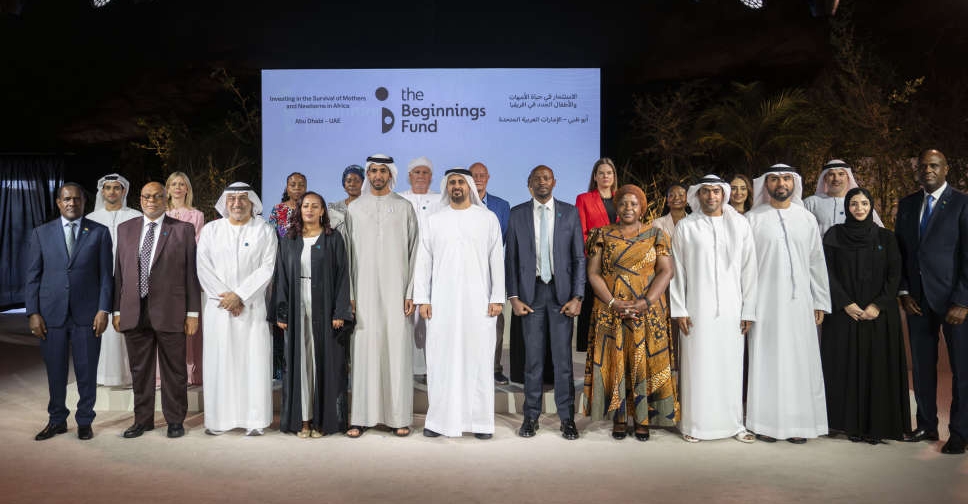
Abu Dhabi has drawn up a general policy for managing, organising and protecting groundwater.
It aims to ensure optimal use, reduce waste and promote irrigation techniques and practices that reduce consumption of groundwater.
The policy will be implemented under the Environment Agency Abu Dhabi's (EAD) supervision in coordination with relevant authorities in the public and private sectors.
Although the water scarcity index in Abu Dhabi is one of the lowest in the world, the emirate has one of the highest water consumption rates per capita.
Most of the groundwater reservoirs in the emirate are non-renewable.
"Depletion is one of most significant groundwater challenges, as it exceeds normal feed rates. This depletion causes a decline in groundwater levels and a deterioration in quality in many areas, as 79 per cent of water has become highly saline, 18 per cent of it being medium brackish water, while only 3 per cent is considered fresh water," said Dr. Shaikha Salem Al Dhaheri, Secretary-General of EAD.
.@EADTweets has issued a policy for managing and protecting groundwater in the emirate, ensuring optimal use of natural resources, reducing waste, promoting the sustainability of usable water, and positively impacting agricultural, environmental and economic sectors in #AbuDhabi. pic.twitter.com/BM7nOvjJrA
— مكتب أبوظبي الإعلامي (@ADMediaOffice) February 22, 2023
Once implemented, the policy is expected to achieve a positive environmental impact, as it is expected to decrease groundwater extraction by up to 650 million cubic metres by 2030, in addition to improving the groundwater quality index.
The policy is also expected to decrease the rate of water extraction compared to the feeding average, from 24-fold to 16-fold by 2030.
The use of recycled water will also enhance feeding aquifers in areas used for irrigation – both in terms of quality and quantity.


 UAE to experience periodic rise in temperatures, NCM warns
UAE to experience periodic rise in temperatures, NCM warns
 UAE foundation pledges $125M to improve maternal, newborn survival in Africa
UAE foundation pledges $125M to improve maternal, newborn survival in Africa
 UAE President congratulates Canada's Mark Carney on election victory
UAE President congratulates Canada's Mark Carney on election victory
 Dubai-Lisbon flights face disruptions due to Portugal power outage
Dubai-Lisbon flights face disruptions due to Portugal power outage
